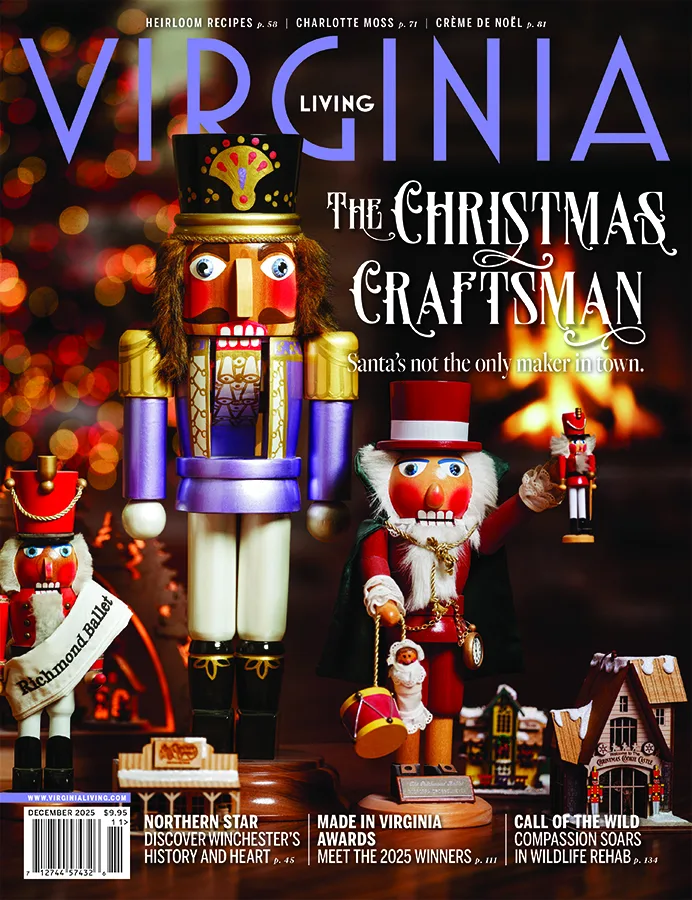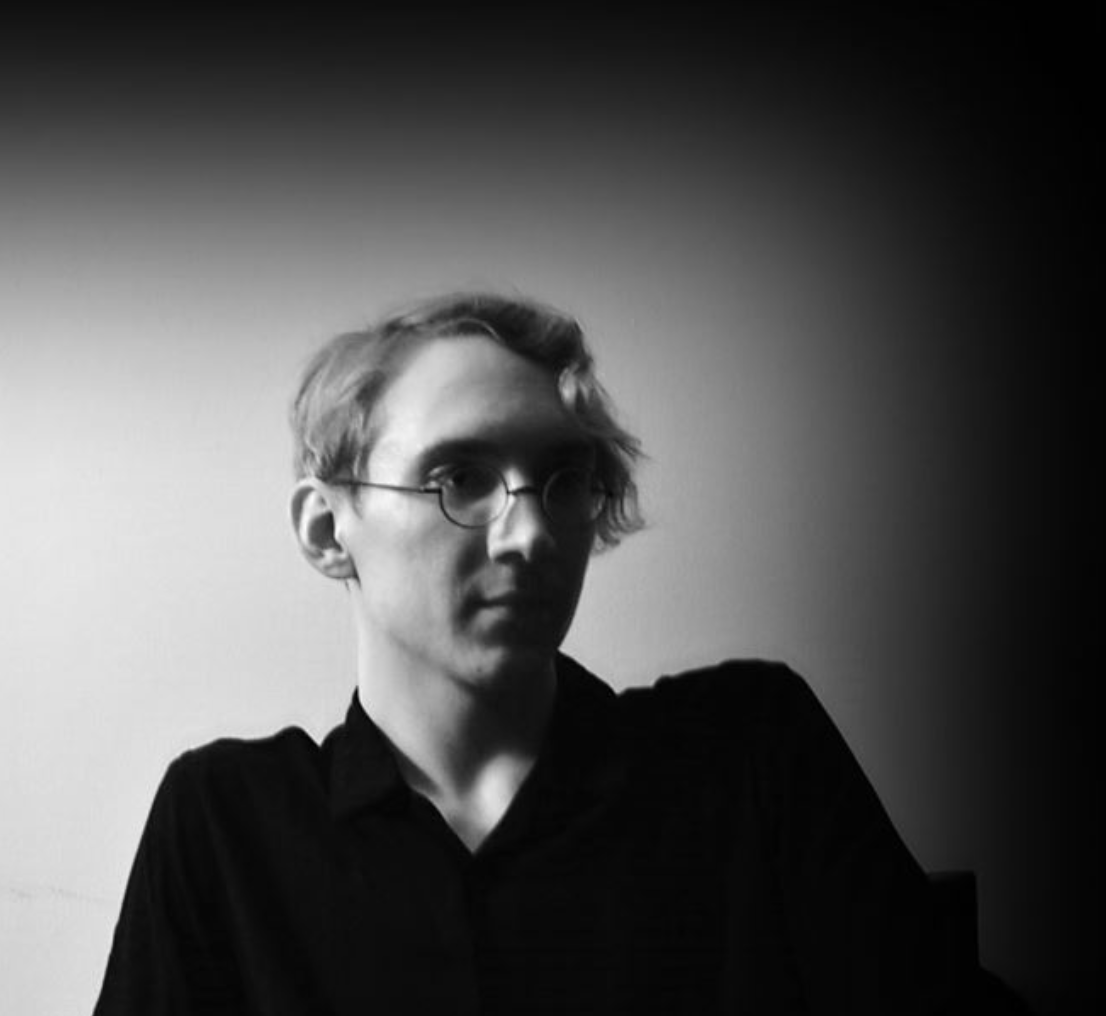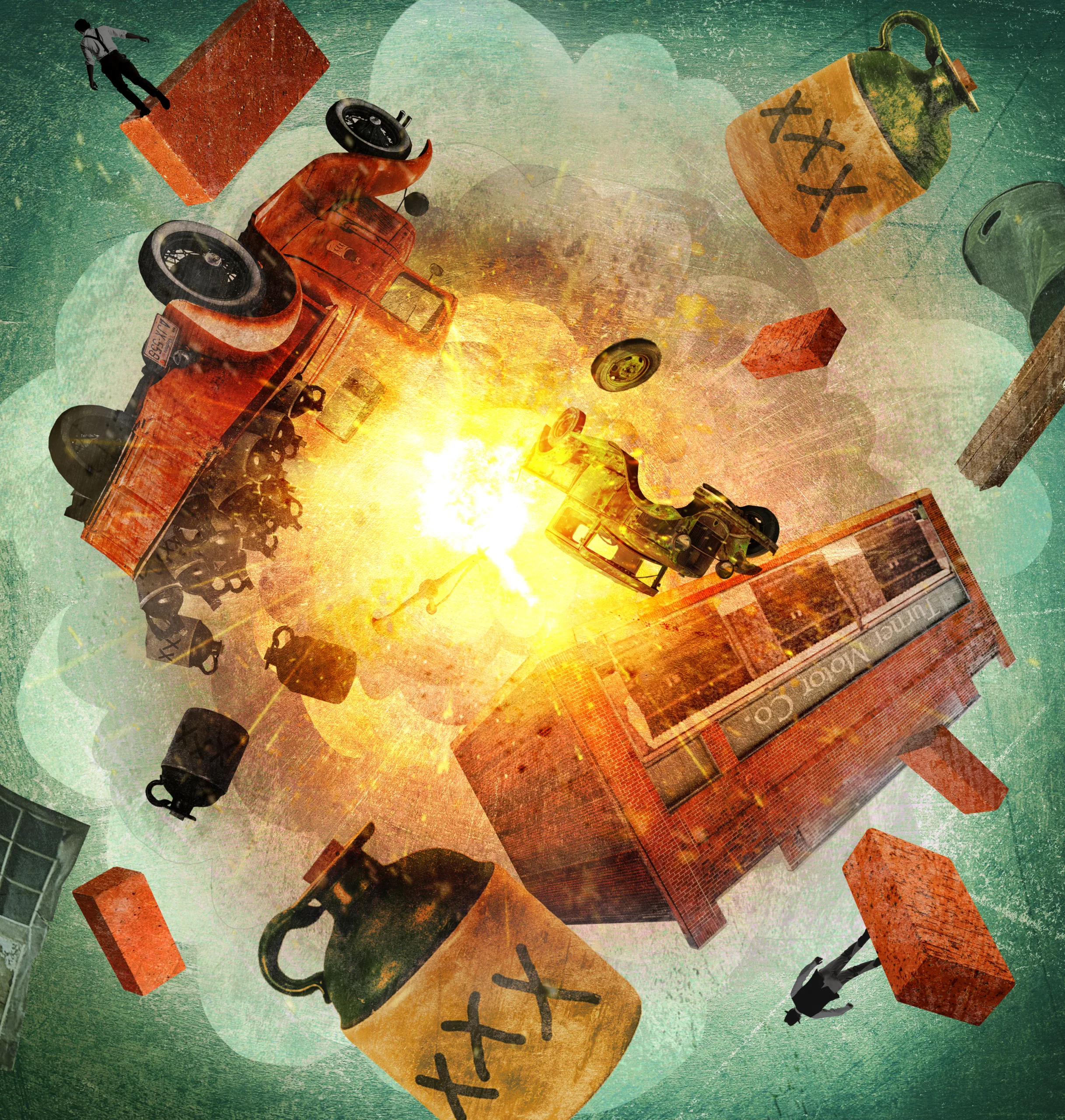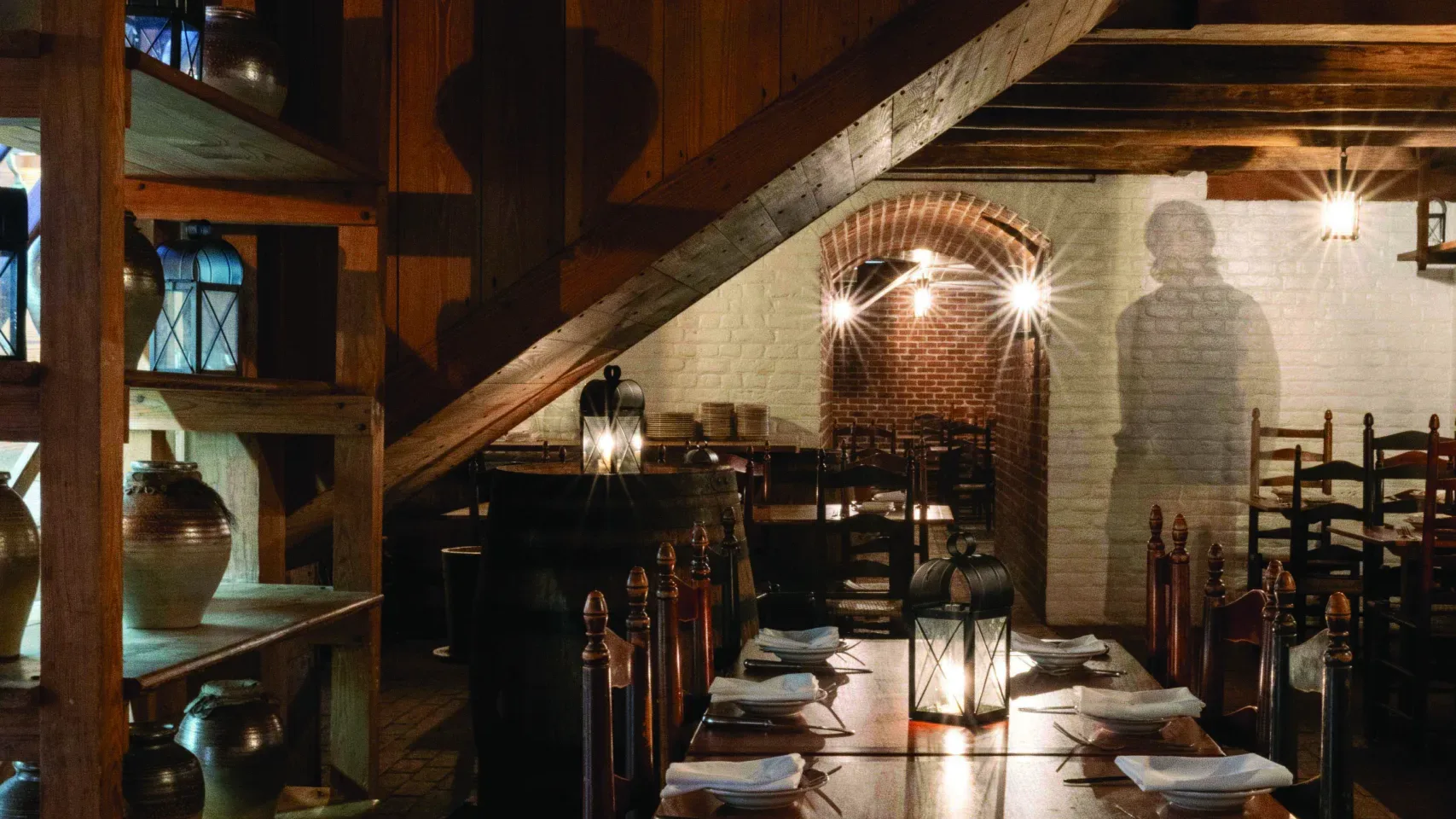Showing the capacity for humans to love in 5,000 different ways.

Amber McBride is an English professor at the University of Virginia and holds an MFA in poetry from Emerson College. Her poetry has been published in several literary magazines including Ploughshares and The Rumpus. She lives in Charlottesville, Virginia with her dog, Shiloh. Me (Moth) is her young adult debut. She will be giving two talks at the Virginia Festival of the Book on March 19.
Konstantin Rega: How was it growing up in Virginia?
Amber McBride: I grew up in Northern Virginia, but I’m from a military family, so I’ve lived in Germany, California, all over. My mother is from Charlottesville, though, and every summer my sister and I would go to my grandmother’s house there. We’d hike and swim—so different from Northern Virginia. Everything’s done slower. There’s apple picking and peach picking. I felt very connected to the land. Virginia, really, is such a diverse state. It’s home.
Did you know you wanted to be a writer right off the bat?
I always loved writing and reading. I wrote my first “book” that my parents bound together when I was six. But because writing is not something that you’re told to do, career-wise, in high school, I was actually pre-med when I started college. Taking a lot of English courses, though, I found that I didn’t really want to be a doctor, I wanted to be a writer. So that was a fun conversation to have with my parents [laughing].
What sort of books were you reading?
Toni Morrison, Zora Nera Hurston, Maya Angelou. All these writers who I had not been introduced to before in high school. Which is kinda of sad of think about. Being introduced to them made be realize that there was a place for me in the book world.
So, finding your place, what do you want to explore as a writer then?
I think I’m always exploring empathy and compassion. Some writer said: “You follow you obsession, and it comes out in all of your books.” My obsession is the line between fantasy and reality. How do you tell a fairy tale and have it be real at the same time? How can we still see ourselves in these stories?
I believe there is a goodness in humanity and like looking at it in difficult situations. We’re all investigating how can we connect with other people in the end.
And I think poetry does this very well. So, can you explain why you chose that style of “narrative in verse” used in Me (Moth)?
We’ll, my grandfather had recently passed away. And poetry is usually the first thing I turn to express myself, my grief. It was challenge, but I think the story lends itself to that sparsity of language typical of poetry. And a lot of people that have read it have said that they thought it wouldn’t work in prose.
Well, the narrator in your book Me (Moth) is certainly experiencing grief. How did you decide to tackle talking about that?
I went at it head on, from the realistic perspective. Sani and Moth deal with both their pains by leaning on each other. So, the idea that another person can help you through the ordeal is very important. Helping you get through a difficult time. Moth gave up dancing because of it. And Sani brings her back to herself because of his empathy and compassion.
Can you tell us a bit about Moth and Sani’s relationship?
Because they both feel like outcasts, it’s them against the world. They cocoon together, create a world where they matter to each other and are not worried about the outside. Like a moth, they are sort of becoming a new, stronger thing by being with each other, cocooning, secluding themselves. Their stories, though different, unite them. This conversation about grief is not two people trying to be right, but two people listening to one another.
The genre is YA. Did you aim for this crowd where kids are still developing?
The investigation of identity, of kids figuring out who they are, is a very young adult thing. Whereas adults usually know who they are. Though it was really the publisher who decided to label it as YA, it does serve those readers well. And I love getting readers hooked early; it gets them started before they dive into adult books.
I wondered if you could talk about Hoodoo and the role it plays in Me (Moth)?
I was taught Hoodoo from my family in South Carolina, and it’s a spiritual practice created by slaves mixing various traditional African religions together. It’s about balance. You draw strength from your ancestors and nature, and they provide you with what you need. There’s a lot of herbalism, mixing roots and stuff together to create luck—a very complex system. Hoodoo is a practice, unlike Voodoo which is a religion. It’s an underground thing, people used to be arrested for practicing it. But it worked with Moth’s cultural background and paired nicely with Sani’s Navajo roots.
And do you have another project in the works?
I have another novel in verse about depression told through the metaphor of a haunted garden, coming out in 2023. I also have a middle-grade book that I’m not allowed to talk about and a poetry collection coming out in 2024. So many things. I just don’t sleep; it’s fine!
Buy a copy at The Bookshop.
Virginia Festival of the Book Events:
MARCH 19, 2022 | 4PM – 5PM | JEFFERSON SCHOOL AFRICAN AMERICAN HERITAGE CENTER
MARCH 19, 2022 | 12PM – 1PM | CENTRAL JMRL LIBRARY








